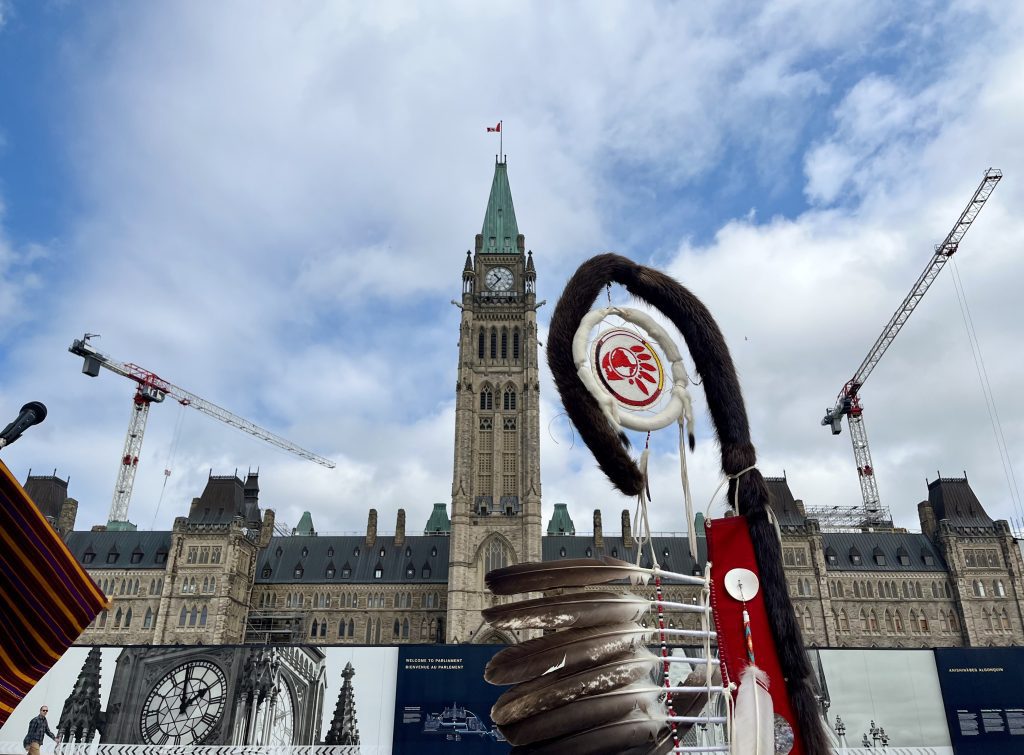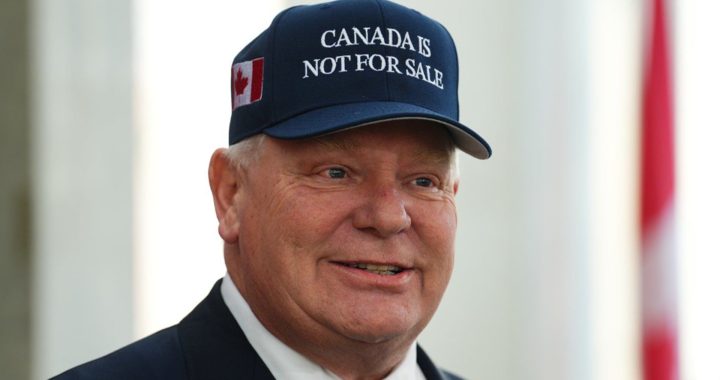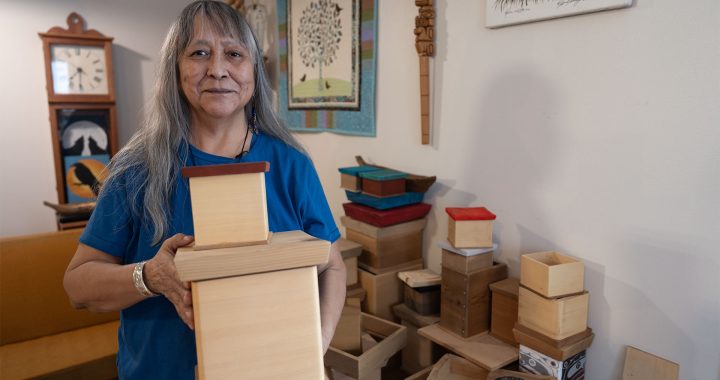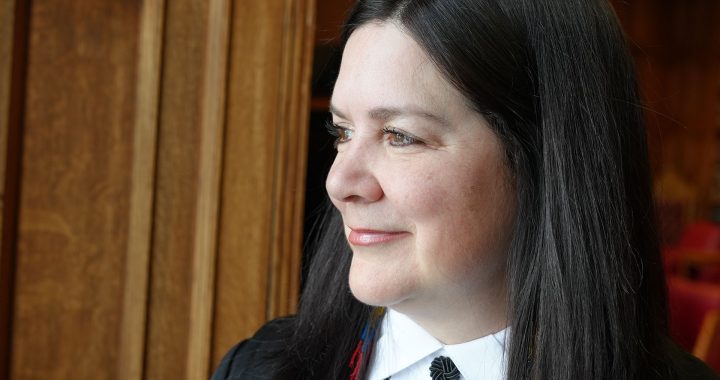
According to the Yellowhead Institute, only 13 calls to action have been implemented since 2015. Photo: APTN.
A report released Wednesday by the Yellowhead Institute took aim at the federal government’s lack of progress in implementing calls to action from the Truth and Reconciliation’s final report that was released in 2015.
The report writers have said that they are “are exasperated by the deep chasm between the two and frustrated by the discrepancy between inaction and Canada’s fantastical myths of benevolence.” The report was authored by Eva Jewell and Ian Mosby.
The Yellowhead Institute, a research centre based at Toronto Metropolitan University, has followed the implementation of the calls to action since 2019. In that time, two calls to action were implemented that first year, none in 2020, three in 2021 including appointing a languages commissioner, and two in 2022 for a total of seven. Five were implemented before Yellowhead began tracking progress.
According to the report, the federal government failed to introduce new measures to address the 83 calls to action still to be dealt with.
Canada completed 0 of the TRC’s Calls to Action in 2023. At this rate, we won’t see them finished until 2081.
These Calls are Residential School Survivors’ “work plan” for Canada to reconcile its genocide against Indigenous peoples.
Read the analysis, co-authored w @Ian_Mosby: https://t.co/k3JzLToAfI
— Eva Jewell (@ebaans_) December 20, 2023
“In total, 13 of the 94 Calls to Action have been completed since 2015. That is a completion rate of 1.625 Calls to Action per year,” says the report. “If Canada continues at this pace, it will take another 58 years until the Calls to Action are completed, meaning that Indigenous peoples will have to wait until 2081 for reconciliation.”
The report breaks the calls to action into two separate categories focused on legacy calls such as child welfare issues and an “end to the legacy of colonial violence that continues to exist in the systems endured by Indigenous peoples.”
The second category is focused on reconciliation and includes calls to action that focus on education about Canada’s Indian Residential School system and affirming Indigenous rights.
Prime Minister Justin Trudeau had pledged to fully implement all of the calls to action in 2015.
Completed Indigenous language calls to action and MMIW women’s inquiry
The calls to action that have been implemented include the need to recognize the importance of Indigenous languages by establishing a language commissioner, calling for an inquiry into violence against Indigenous women and girls, establishing the National Day for Truth and Reconciliation and for Canada to change its official swearing-in oath for new Canadians.
“In a sense, 2023 has been starkly similar to previous years. When there is concrete action, it does not come from Canada (which can’t manage a single Call to Action in a year) but from Indigenous peoples, who fiercely advocate for themselves and resist the full weight of Canadian intransigence,” says the report.
Two important legal victories for First Nation rights
The authors did note that while Canada didn’t move to implement new calls to action, two important legal victories advanced First Nations rights across the country. The first was the approval of the $23 billion on-reserve child welfare settlement.
The case, fought by Canada at every turn, is the culmination of a 2006 complaint by the First Nations Child and Family Caring Society and the Assembly of First Nations at the Canadian Human Rights Tribunal. In 2016, the tribunal ruled that Canada discriminated against First Nations children in the child welfare system by knowingly underfunding it.
Another $20 billion is set aside by Canada to fix the child welfare system on reserve.
Read more:
Read the 94 Calls to Action here
The other case involved 21 First Nations in Ontario who were signatories to the Robinson-Huron Treaty. Those nations will share a $10 billion settlement for “unpaid annuities dating back 159 years.”
“Since 1874, Anishinaabeg in northern Ontario have received an annuity of just $4, despite the treaty requiring the annuity to grow relative to the economy in the region. Of course, immeasurable wealth has been extracted since then, but the annuity remained unchanged,” the report notes.
The report notes what it refers to as the government’s “glacial” progress and gives the credit for most of the work to implement the calls to action to Indigenous advocacy. “We celebrate their hard-fought wins to this day, we also lament that their victories occur in spite of Canada’s reconciliatory roadblocks,” says the report.
The Yellowhead Institute called the work on reconciliation stagnant and has announced this will be their last tracking report.
APTN News reached out to Crown-Indigenous Relations for a comment on the fact that no new calls to action were completed in 2023. They responded with an answer that did not address our question.










